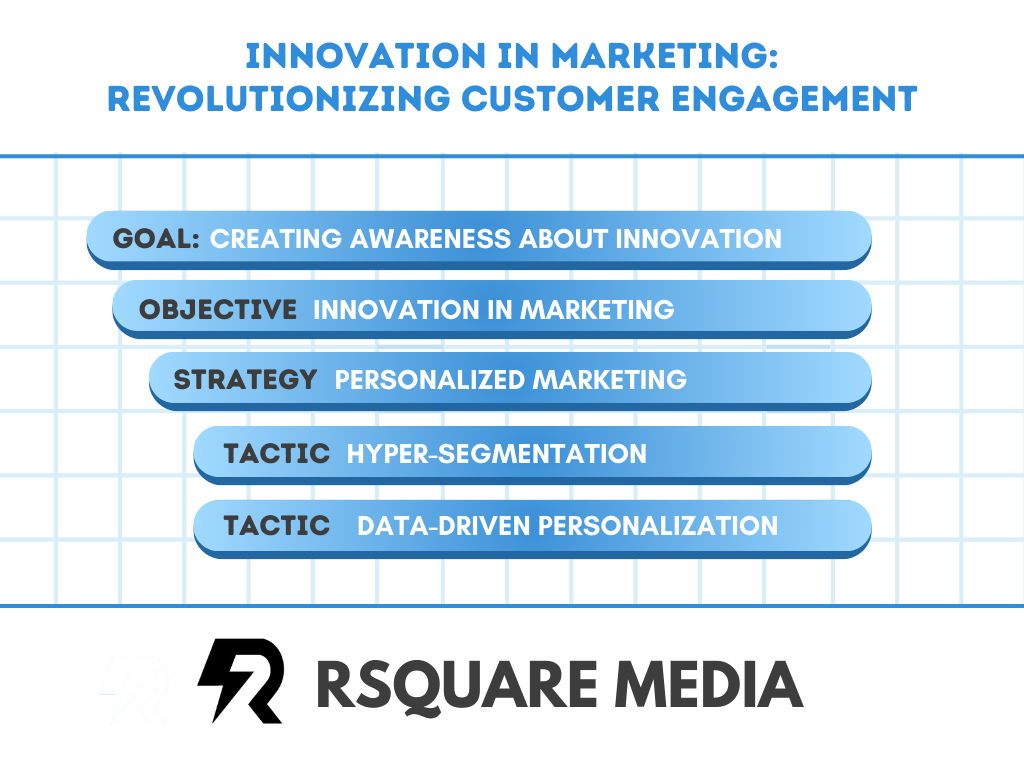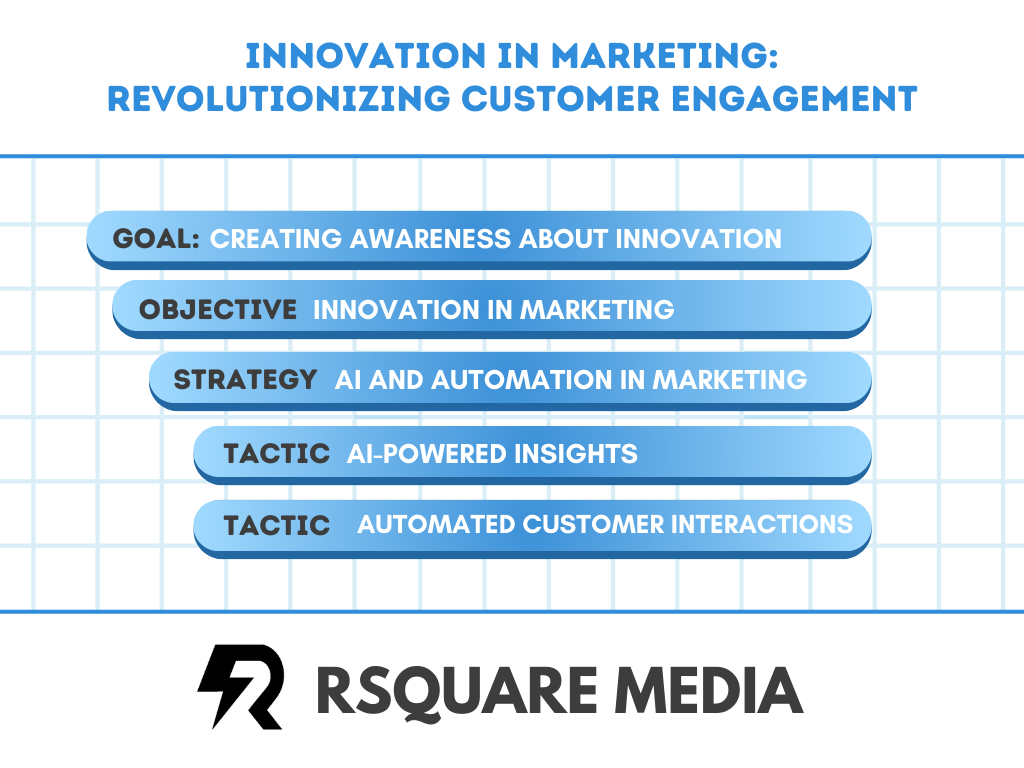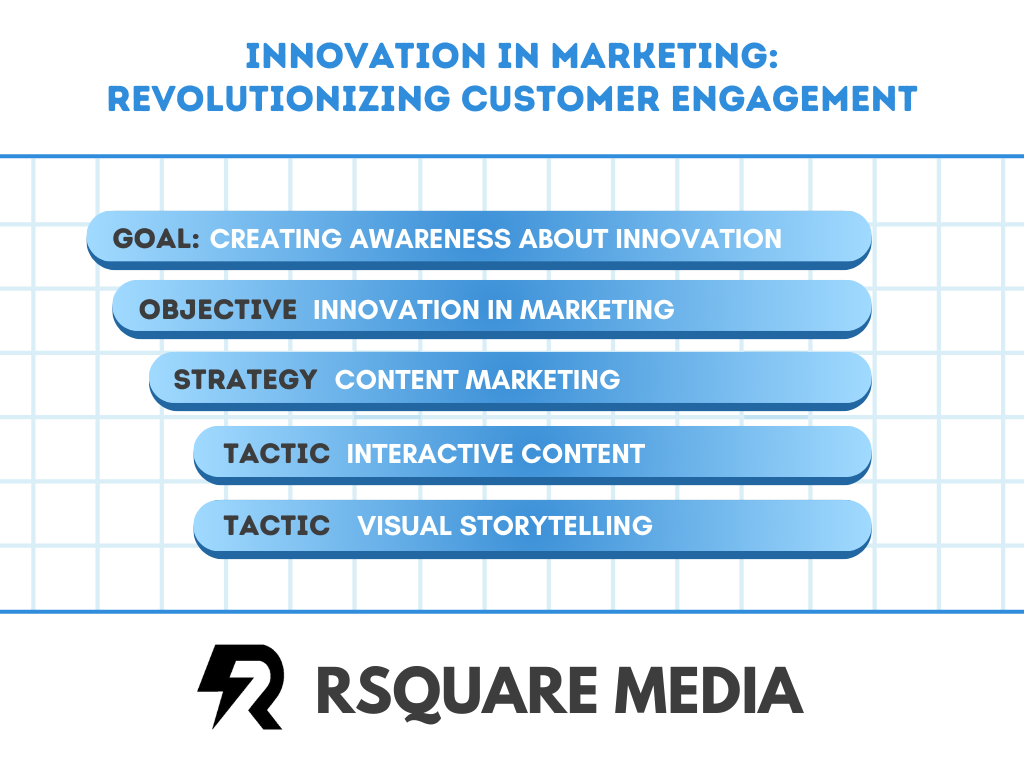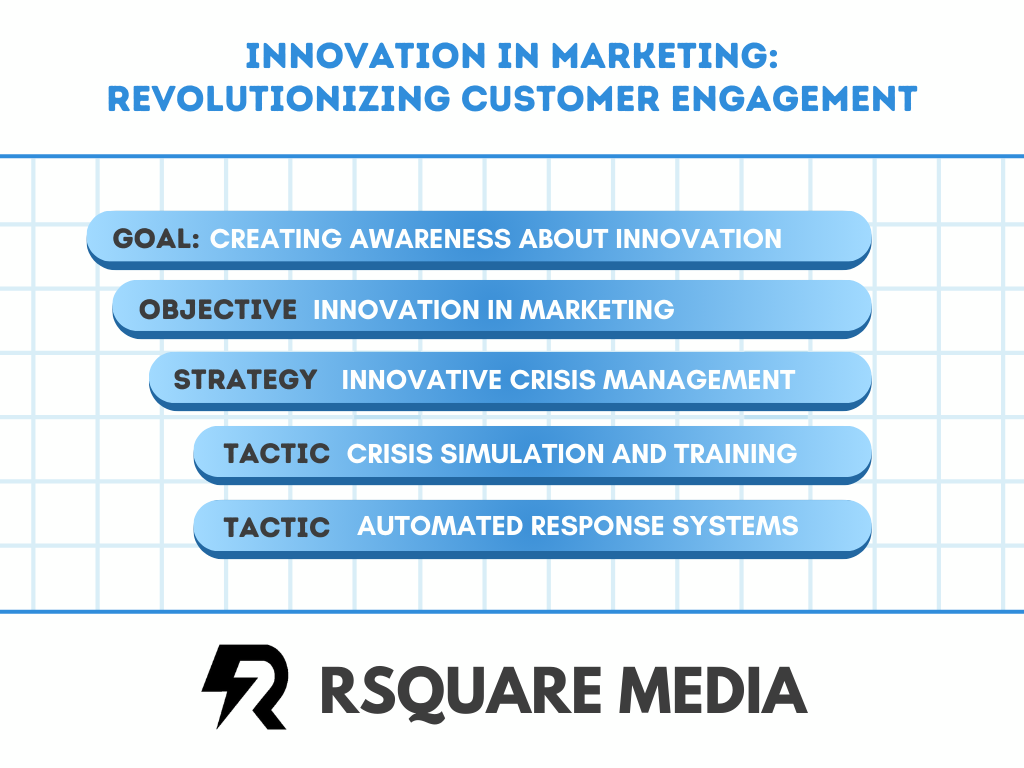In today’s fast-paced digital landscape, innovation has become more than just a trend—it’s a critical element for businesses aiming for long-term growth and success.
Innovation, as defined by the Oxford Dictionary, involves the introduction of new ideas, methods, or technologies that transform how businesses operate.
One area where innovation plays a pivotal role is Online Reputation Management (ORM). ORM, as Semrush describes, is the process of monitoring and shaping how a business is perceived on the internet.
“Online Reputation Management (ORM) is the art and science of managing the reputation of organizations, individuals and brands by monitoring, managing, producing and erasing content thats publicly visible on Google, Social Media and the Internet. ORM main objective is to uphold and protect stakeholder trust in the brand/organization/individual by ensuring that only favorable content is visible on Google, Social and the Internet. in the event, unfavorable or deemed harmful content is discovered it is removed (Reputation Repair) from view by deleting the content from the source or by suppressing visibility of the content so its not seen on Google page 1 for relevant keywords. ORM also ensures brand trust by helping clients be seen as Thought leaders or Influencers on Social Media.”
– Rajiv Jadhav, MBA | CEO – Rsquare Media Inc.
Through innovative strategies, companies can effectively manage their online presence, ensuring their digital reputation aligns with their brand goals. By embracing both innovation and proactive ORM, businesses can stay competitive and foster trust with their audience.
But innovation isn’t just about adopting the latest tools or following emerging trends. It’s about reshaping business strategies to improve efficiency, meet customer expectations, and anticipate market changes. In this blog, we’ll explore how innovation is crucial in marketing and ORM, providing actionable insights to help you drive growth and maintain a stellar online reputation.
Lylli LaunchTools® leverages a unique, structured approach with the GOSTT framework (Goals, Objectives, Strategies, Tactics, and Tasks) and it is perfect for encouraging innovation. This framework ensures that every project is broken down into clear, actionable steps, allowing teams to align their day-to-day tasks with larger organizational goals.

Innovation in Marketing: Revolutionizing Customer Engagement
1. Personalized Marketing through Data Innovation
One of the most significant innovations in marketing is the ability to personalize customer interactions. Thanks to big data and advanced analytics, businesses can now craft highly personalized messages and offers tailored to individual preferences. In a world where consumers are bombarded with information, customized marketing has proven to be a game-changer.
- Data-Driven Personalization: Every customer interaction with your brand—whether through social media, email, or on your website—creates valuable data. By analyzing this data, you can craft unique experiences for different customer segments. For instance, an online clothing retailer could recommend products based on past purchases or browsing history, offering an individualized experience that enhances customer satisfaction and loyalty.
- Hyper-Segmentation: While segmentation has long been a marketing practice, innovation has brought it to new heights. Hyper-segmentation involves dividing your audience into more specific groups based on detailed behavioral and demographic data. This allows marketers to create highly targeted campaigns that resonate more deeply with smaller, more precise groups of customers.

Create powerful roadmaps like this for your business and your team by using Lylli LaunchTools. Start for free today. Click here!
If you’re ready to experience the benefits of strategic task management for yourself, claim your 30-Day Free Trial.
Learn More about our capabilities here.
Schedule a session for Premium Onboarding by clicking here.
2. AI and Automation in Marketing
The introduction of artificial intelligence (AI) and automation into marketing has revolutionized how businesses interact with customers and optimize their strategies. These technologies reduce manual work, improve efficiency, and create new opportunities for customer engagement.
- AI-Powered Insights: With AI, marketers can analyze vast amounts of customer data to uncover patterns, preferences, and future behaviors. AI-driven platforms can provide predictive insights, helping businesses anticipate trends and customer needs before they arise. By harnessing AI, businesses can create proactive marketing strategies rather than reacting to market shifts.
- Automated Customer Interactions: Chatbots and automated email marketing are prime examples of how automation improves customer interactions. Chatbots can provide instant responses to customer queries, improving customer experience while reducing the workload on customer service teams. Similarly, automated email campaigns ensure that personalized, timely messages are sent to customers, driving engagement and conversions.

Create powerful roadmaps like this for your business and your team by using Lylli LaunchTools. Start for free today. Click here!
If you’re ready to experience the benefits of strategic task management for yourself, claim your 30-Day Free Trial.
Learn More about our capabilities here.
Schedule a session for Premium Onboarding by clicking here.
3. Content Marketing: Innovation in Storytelling
The way businesses approach content marketing has evolved significantly with the rise of new platforms and formats. Innovative storytelling techniques now involve more interactive and immersive content that encourages user participation and fosters a deeper connection with the brand.
- Interactive Content: Rather than passive consumption, interactive content invites users to engage actively with a brand. This could be through quizzes, polls, or interactive infographics. For example, a skincare brand could create a quiz that recommends personalized products based on skin type and preferences. This type of content encourages interaction and keeps users engaged longer, improving brand recall and conversion rates.
- Visual Storytelling: As attention spans shrink, visual content becomes more critical. Brands are leveraging innovative visual storytelling formats such as video marketing, live streaming, and virtual reality (VR) to captivate audiences. Whether it’s a behind-the-scenes look at a company’s operations, product demonstrations, or influencer collaborations, visually engaging content offers an immersive experience that traditional content formats can’t match.

Create powerful roadmaps like this for your business and your team by using Lylli LaunchTools. Start for free today. Click here!
If you’re ready to experience the benefits of strategic task management for yourself, claim your 30-Day Free Trial.
Learn More about our capabilities here.
Schedule a session for Premium Onboarding by clicking here.
4. The Role of Research in Driving Innovation
Research plays a pivotal role in fueling innovation, serving as the foundation for breakthrough ideas and cutting-edge developments. By conducting thorough market and consumer research, businesses can identify emerging trends, understand customer pain points, and uncover gaps in the marketplace. This knowledge allows companies to tailor their innovative strategies to meet real-world needs, ensuring they create products, services, or marketing campaigns that resonate with their audience. Moreover, research empowers companies to anticipate future trends, positioning them as industry leaders by consistently staying ahead of the curve. In essence, innovation is aimless without research, as research provides the necessary insights to innovate with purpose and precision.
Innovation in Online Reputation Management: Building Trust Through Technology
1. Real-Time Reputation Monitoring
In the past, online reputation management (ORM) was a reactive process—brands would address complaints or negative reviews only after they became public. Today, innovative tools allow businesses to monitor their online reputation in real-time, enabling them to respond quickly to emerging issues.
- Reputation Monitoring Tools: Platforms like Google Alerts, ReviewTrackers, and Mention track brand mentions across the web, including social media, review sites, and blogs. These tools provide instant notifications whenever your brand is mentioned, allowing you to address negative feedback before it escalates. This proactive approach helps you resolve customer issues promptly, preventing them from becoming larger PR crises.
- Social Listening: Social listening tools like Hootsuite and Sprout Social help businesses monitor conversations about their brand, competitors, or industry across social media platforms. By staying attuned to what customers are saying, you can engage in meaningful conversations, address concerns, and even identify new marketing opportunities.

Create powerful roadmaps like this for your business and your team by using Lylli LaunchTools. Start for free today. Click here!
If you’re ready to experience the benefits of strategic task management for yourself, claim your 30-Day Free Trial.
Learn More about our capabilities here.
Schedule a session for Premium Onboarding by clicking here.
2. Leveraging AI in ORM
Just as AI is transforming marketing, it’s also revolutionizing online reputation management. AI-powered tools analyze vast amounts of customer feedback and online sentiment, providing businesses with actionable insights that allow them to improve customer satisfaction and manage their reputation more effectively.
- Sentiment Analysis: AI can perform sentiment analysis by scanning online reviews, social media posts, and other customer feedback to determine the overall tone—whether it’s positive, neutral, or negative. This allows businesses to gauge public perception and adjust their strategies accordingly.
- Predictive Reputation Management: AI can also predict potential reputational risks by identifying emerging patterns in customer behavior and feedback. For example, if a particular product is receiving an increasing number of negative reviews, AI can flag it before the issue spirals out of control, allowing the business to address the problem proactively.

Create powerful roadmaps like this for your business and your team by using Lylli LaunchTools. Start for free today. Click here!
If you’re ready to experience the benefits of strategic task management for yourself, claim your 30-Day Free Trial.
Learn More about our capabilities here.
Schedule a session for Premium Onboarding by clicking here.
3. Innovative Crisis Management
Even the most well-prepared brands encounter reputational crises from time to time. Innovation in crisis management helps businesses address these challenges swiftly and effectively, minimizing potential damage.
- Crisis Simulation and Training: Businesses can now leverage virtual reality (VR) and simulation technology to prepare for potential reputational crises. By simulating worst-case scenarios, such as a product recall or a data breach, companies can train their teams to respond effectively in real-time, ensuring they are equipped to handle high-pressure situations.
- Automated Response Systems: When a crisis does hit, automated response systems can be critical in containing the damage. These systems allow brands to issue timely and consistent responses across multiple platforms, ensuring that they maintain control of the narrative during a crisis.

Create powerful roadmaps like this for your business and your team by using Lylli LaunchTools. Start for free today. Click here!
If you’re ready to experience the benefits of strategic task management for yourself, claim your 30-Day Free Trial.
Learn More about our capabilities here.
Schedule a session for Premium Onboarding by clicking here.
The Intersection of Innovation, Marketing, and Online Reputation Management
1. Unified Customer Experience
In today’s digital age, customers expect seamless, personalized experiences from the brands they interact with. Companies that integrate innovation into both their marketing and ORM strategies can create a unified customer experience that fosters trust, loyalty, and positive brand perception.
- Consistent Messaging: Innovative marketing strategies ensure that your brand’s message is consistent across all platforms, from social media to email campaigns to online reviews. Consistency in messaging not only strengthens your brand identity but also builds trust with customers.
- Holistic Reputation Management: By integrating marketing and ORM strategies, businesses can take a more holistic approach to managing their online presence. For example, positive customer experiences driven by personalized marketing campaigns can lead to glowing reviews, which in turn enhance your online reputation. In this way, marketing innovation directly contributes to reputation management.
2. Building a Customer-Centric Brand
Innovation in both marketing and ORM ultimately leads to the creation of a customer-centric brand—a brand that prioritizes the needs and desires of its customers. Whether through personalized marketing campaigns, responsive customer service, or proactive reputation management, businesses that put their customers first are more likely to succeed in today’s competitive marketplace.
- Customer Feedback Integration: Innovative businesses actively seek out and incorporate customer feedback into their operations. By doing so, they not only improve their products and services but also demonstrate to customers that their opinions are valued. This approach fosters long-term loyalty and enhances the brand’s online reputation.
Strategic Planning: Laying the Foundation for Innovation with Lylli LaunchTools
At the heart of every successful innovation lies a robust strategic plan. Strategic planning is essential for businesses looking to navigate the complexities of today’s digital landscape. It provides a clear roadmap, helping companies anticipate market trends, allocate resources effectively, and stay aligned with long-term business objectives. For internet marketing professionals, strategic planning goes beyond just setting goals—it involves understanding the customer journey, optimizing digital channels, and integrating cutting-edge technologies to foster growth.
As part of our commitment to innovation, RSQUARE Media is proud to introduce Lylli LaunchTools, a powerful platform designed to streamline your strategic planning and execution processes. Lylli LaunchTools provides marketing professionals with a program that can plan, launch, and monitor digital campaigns seamlessly. From market research and content creation to performance tracking and reputation management, Lylli LaunchTools empowers you to stay ahead of the curve by keeping you informed and organized to make your campaign a success.
With Lylli LaunchTools, businesses can innovate with confidence, knowing they have the right tools in place to execute strategic plans that drive both growth and customer satisfaction.
If you’re ready to experience the benefits of strategic task management for yourself, claim your 30-Day Free Trial.
Learn More about our capabilities here.
Schedule a session for Premium Onboarding by clicking here.
In a world where the digital landscape is constantly evolving, businesses must continually embrace innovation to stay ahead of the curve. Whether through cutting-edge marketing strategies, advanced AI tools, or proactive reputation management, innovation is the driving force behind sustainable business success.
By adopting innovative marketing practices, businesses can engage customers in new and exciting ways, ultimately leading to higher conversion rates and brand loyalty. At the same time, by leveraging innovative ORM strategies, companies can protect and enhance their online reputation, ensuring they maintain customer trust in an increasingly competitive marketplace.
Are you ready to embrace innovation in your marketing and reputation management strategies? Get a free quote by setting up an appointment with RSQUARE Media!
